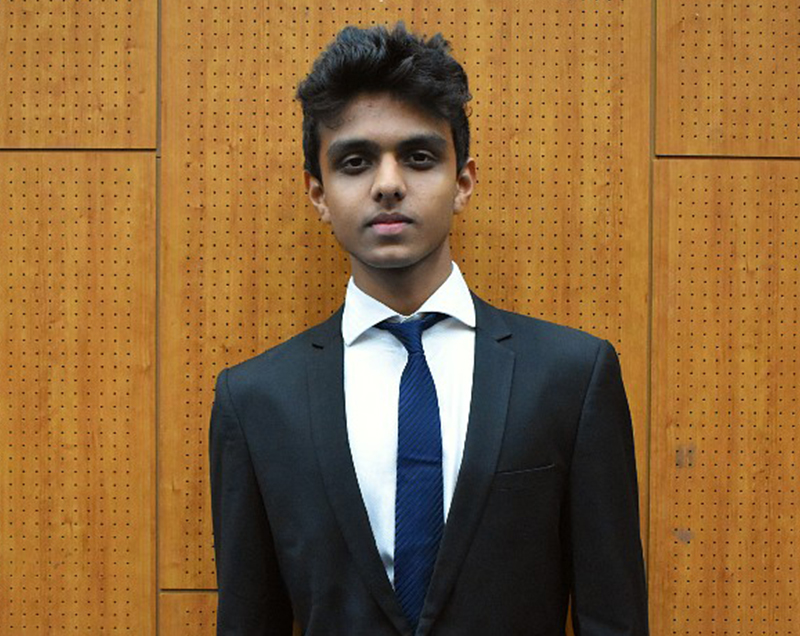
Secretary-General : Manav Mody
"Let her sleep, for when she wakes she will move mountains. Let her sleep, for when she wakes she will shake the world."
-Napoleon Bonaparte, on China
Dear Delegates and MUN Directors,
The world has transitioned - Its economic and political axis is orienting towards Asia and Napoleon Bonaparte’s words, written two centuries ago, are more relevant today than ever before. Beyond the era of Western hegemony, Asia is becoming the locus of commerce, cultural exchange and diplomacy, and its growing heft is reordering the global system. After having been fragmented by the cold war and colonialism,
the continent is collectively stitching itself back together as pragmatic governments are focusing on inclusive growth and social cohesion.
The backbone of Asia’s advancement has been its economic prosperity. One might view the region with scepticism following the 1997 financial crisis; however, it has been a rare bright spot in the aftermath of the 2008 global financial crisis. What makes Asia resistant to external vulnerabilities? The answer lies in its demographic dividend. The 21st century is when the continent bears the fruits of this phenomenon. Affordable labour and rising domestic demand have made it the focal point of global production and reduced its dependence on the west. And that is not all. Asia is synonymous with innovation. As Asia capitalizes on its technological prowess to develop biotechnology, commercial satellites and artificial intelligence, we all fall as stakeholders to Asian innovation in some shape or form. While Asia is drawing the blueprint of the future and developing engines to propel economic growth, it has earned itself a voice to influence diplomatic relations and embed itself within the global landscape.
Turbulence is inevitable in a region rich with diverse culture, raw materials and a central position. The divide of colonialism and the presence of contrasting political ideologies has made Asia an epicentre of geo-political and social conflict which ranges from cross-border tensions to expanding extremism. India and Pakistan battle for Kashmir, The Middle-East is strewn with civil war and the South China Sea has several claimants hungry for oil to sustain their growth. India has solidified its “Act East” policy, Japan no longer has a passive military strategy and Pakistan sees China as a partner for the 21st century. The west is taking note in order to capitalize on any opportunity and Asia is once again the centre of global attention like it was in the 15th Century.
Asia is back to being a region of Beautiful Chaos like the pre-colonial era where Indian dynasties, Arab caliphates, Indonesian maritime traders, and Mongolian steppe nomads all co-existed in dynamic patterns of commerce, conflict, and cultural exchange. Every opportunity here has created a challenge that must be solved sooner than ever before. I invite you to DAIMUN XVI where we will discuss varying agendas ranging from the Demilitarization of post IS-Syria, to the Question of Cyprus, all centred around one theme: The Asian Century: Tectonic Shifts in Global Relations.
In the eight committees of our conference, we give you the power to shape the future of this multifaceted continent. Although we agree with what Napoleon once said, remember that Asia is not monolithic. Look at the nuanced contributions of each state in the continent as they all play a pivotal role in making it a global powerhouse.
Your progress will be measured based on not only the soundness of your solutions, but also on your ability to compromise, negotiate and collaborate in order to lay the foundations of a continent undergoing metamorphosis.
Prepare to see the world from the Asian point of view.
Yours sincerely
Manav Mody
Secretary-General
DAIMUN 2019